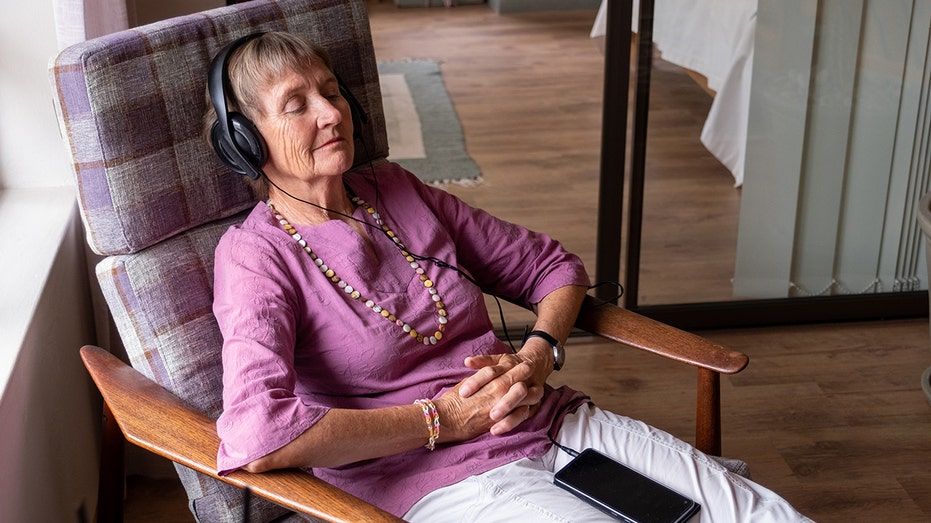**Listening to or Playing Music May Slash Dementia Risk in Older Adults, New Study Finds**
A new study from Monash University in Melbourne, Australia, suggests that listening to or playing music could significantly reduce the risk of dementia in older adults. According to the research, adults over 70 who regularly engage with music were nearly 40% less likely to develop dementia—a group of cognitive disorders that cause a decline in memory, thinking, and other mental abilities.
Those who consistently listened to music showed a 39% lower risk of developing dementia and demonstrated better memory performance. Meanwhile, participants who played musical instruments had a 35% lower risk. The study’s researchers, led by Monash honors student Emma Jaffa and Professor Joanne Ryan, also found that doing both—listening to and playing music—offered an even greater protective effect against cognitive decline.
“With no cure currently available for dementia, the importance of identifying strategies to help prevent or delay onset of the disease is critical,” said Professor Ryan. She added, “Evidence suggests that brain aging is not just based on age and genetics but can be influenced by one’s own environmental and lifestyle choices.”
The study tracked more than 10,800 adults aged 70 and older over several years, as part of long-running Australian research projects. Participants were asked how often they listened to or played music—categorized as always, often, sometimes, rarely, or never. The findings were published last month in the *International Journal of Geriatric Psychiatry*.
The results showed that regularly engaging in both listening to and playing music reduced the risk of mild cognitive impairment (a condition less severe than dementia) by 22%. Additionally, these activities were linked to higher scores in overall cognition and episodic memory, which relates to the ability to recall everyday events.
Dementia currently affects about 57 million people worldwide, according to the World Health Organization. While the study highlights music as a promising, simple strategy to help protect cognitive function, the researchers caution that the findings do not prove a direct cause-and-effect relationship between music and dementia prevention.
“Music activities may be an accessible strategy for maintaining cognitive health in older adults, though causation cannot be established,” the researchers noted.
Interestingly, the overall benefits of music were most pronounced among older adults with higher education levels—defined as those who had completed at least 16 years of schooling. The results were mixed for participants with moderate education levels.
These findings add to a growing body of research emphasizing the value of creative, social, and mentally stimulating hobbies—such as music, reading, and art—in supporting brain health in later life. A 2022 meta-analysis from the U.S. and Japan reported similar cognitive benefits for older adults who play musical instruments.
However, Dr. Morten Scheibye-Knudsen, an associate professor of aging at the University of Copenhagen, cautioned that although mental stimulation is generally encouraged, the scientific evidence is still inconclusive. Speaking to BBC Science Focus, he said, “In general, it is advised to train your brain, but the data is actually not that clear,” noting that studies on activities like music, puzzles, or learning new skills have yielded mixed results.
Still, Dr. Scheibye-Knudsen emphasized additional benefits of playing an instrument, including increased social interactions, which have been shown to be very important as we age.
—
*Stay updated with more lifestyle and health insights—sign up for our newsletter.*
https://www.foxnews.com/health/listening-music-after-70-may-cut-dementia-risk-nearly-40-new-study-suggests


